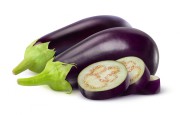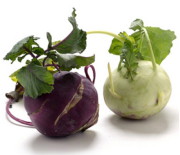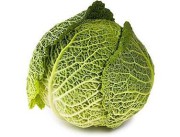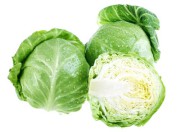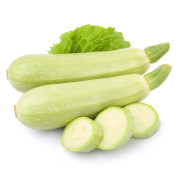Eggplants: benefits and harms, contraindications for health. What are their properties, description, vitamins and calorie content of eggplants.
Eggplants belong to the herbaceous plants of the nightshade genus. This tropical vegetable crop is perennial in its homeland, but in temperate climates, eggplant is grown as an annual plant. Eastern India is considered the birthplace of eggplant, from where this vegetable came to China and the countries of Central Asia, and from there, thanks to the Arabs, it spread to Mediterranean and African countries.
This vegetable is popularly called blue, but this name does not always correspond to reality. Indeed, depending on the variety and degree of ripeness, the eggplant changes its color. There are milky white, purple and dark purple fruits. The blue-black fruits, which are distinguished by a small number of seeds and delicate pulp, have the highest taste qualities.

Photo: Eggplant
Eggplants are low in calories and rich in B vitamins, carotene, vitamins PP and C, so they are recommended for those who watch their weight and stick to a diet. In addition, this vegetable contains many minerals, among which there is especially a lot of magnesium, potassium, calcium, sodium, iron and phosphorus, which have a beneficial effect on the body. In particular, potassium helps normalize water metabolism, improve the performance of the heart muscles and remove excess fluid from the body.Therefore, many nutritionists recommend eating eggplant for those who suffer from cardiovascular diseases, since consuming these vegetables reduces cholesterol levels. Eggplants are recommended for patients with gout and atherosclerosis. Eating eggplants normalizes liver and kidney function, promoting the elimination of uric acid salts. Eggplants should be included in the diet of older people, as this vegetable helps in the fight against age-related diseases.

Thanks to their high taste, eggplants have won one of the places of honor among traditional dishes in many countries. Methods for preparing eggplants can be very diverse. They can be fried, boiled, pickled, baked, stewed and grilled. Eggplants can be eaten as an independent dish, or you can prepare salads from them and use them as ingredients for preparing more complex dishes.
To prepare a variety of eggplant dishes, only ripe young fruits are used. It is not allowed to use overripe fruits for food, since they contain solanine in fairly high concentrations - a substance that can spoil the taste of the dish and cause harm to health. Raw eggplants are also not eaten.

Most experienced housewives start canning eggplants at the end of summer. At this time, eggplants ripen and become affordable. Dishes made from canned eggplant have an excellent taste and retain all their beneficial properties.
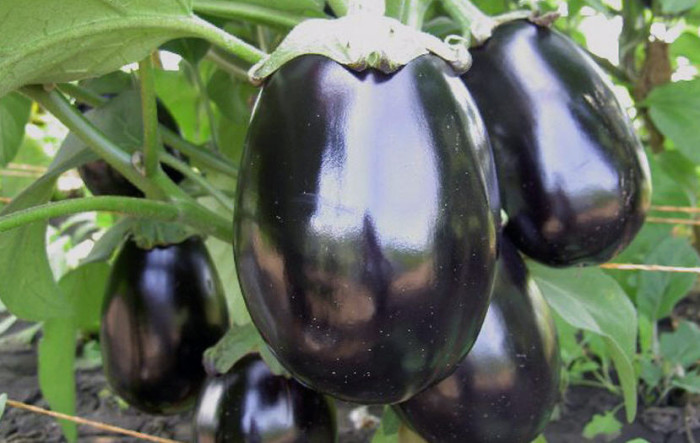
Preparing eggplants for the winter does not require much effort. Even a young, inexperienced housewife can easily cope with their preparation. Most recipes call for soaking the eggplant in a salt solution to remove the bitterness.Recently, varieties have been developed in which there is almost no bitterness. Still, soaking in a salt solution is necessary due to the fact that eggplants tend to absorb a lot of oil when frying. Eggplants pre-soaked in a saline solution absorb much less oil, which improves the taste of the finished dish and reduces its calorie content. To speed up the process of preparing eggplants for frying, you can lightly boil them in salted water.

